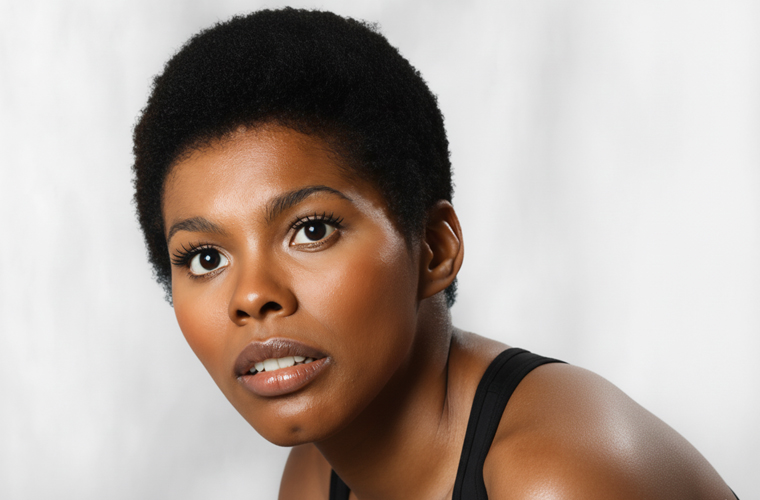Gloria Hendry was born on March 3, 1949, in Florida—accounts vary between Jacksonville and Winter Haven—and grew up as the elder of two daughters in a family that soon relocated to Newark, New Jersey, where she lived with her mother, sister, and grandparents. From a young age, she pursued education in business and law at Essex College of Business, laying a foundation for her early professional life. Before stepping into the spotlight, Hendry worked as a Playboy Bunny at the New York Playboy Club from 1965 to 1972, honing her poise and charisma in high-society settings while also assisting as a legal secretary for the NAACP’s New York office.
Her entry into acting came in 1968 with a small but memorable role as a cocktail waitress in Sidney Poitier’s directorial debut, For Love of Ivy, marking the start of a career that would flourish in the vibrant cinema of the late 1960s and 1970s. She followed this with a brief appearance as Gloria in the 1970 film The Landlord, but it was 1973 that catapulted her to prominence. In that year, Hendry portrayed Rosie Carver, a double agent and love interest to James Bond, in Live and Let Die, making history as the first African American actress to share a romantic storyline with 007 on screen—though Trina Parks holds the distinction as the first Black Bond girl from the prior film. This role not only showcased her sultry screen presence but also broke racial barriers in the franchise, earning her enduring recognition in Bond lore.




















The 1970s proved to be Hendry’s golden era, as she became a staple in the blaxploitation genre, embodying fierce, multifaceted women who navigated gritty urban landscapes with grit and grace. She starred as Helen Bradley in Black Caesar (1973) and its sequel Hell Up in Harlem (1973), delivering powerhouse performances alongside Fred Williamson that captured the era’s raw energy and social commentary. Other standout roles included a nightclub singer in Across 110th Street (1972), the vengeful Tracy in Slaughter’s Big Rip-Off (1973), the skilled martial artist Sydney in Black Belt Jones (1974), and the revolutionary leader in Savage Sisters (1974), followed by a boxing promoter in Bare Knuckles (1977). These films highlighted her versatility, blending action, drama, and sensuality while amplifying Black voices in Hollywood during a transformative time.
Though her output slowed in later decades, Hendry’s passion for the arts never waned. She returned to the screen in the 1990s with roles in the horror sequel Pumpkinhead II: Blood Wings (1994) and the comedy Lookin’ Italian (1994), then ventured into independent projects like Man in the Mirror (2008), Absolute Evil (2009), Freaky Deaky (2012), A Brother’s Honor (2019), and the fantasy thriller Snow Black (2021), demonstrating her enduring commitment to storytelling. Beyond acting, she has explored jazz singing, authorship—penning a memoir titled Gloria Hendry, 007 Bond Girl in the Spirit of Man, and production, using her platform to reflect on her trailblazing journey and inspire future generations.
In her personal life, Hendry found lasting companionship with Phillip W. Wright, whom she married in 1995; he passed away in 2022, leaving behind a legacy of quiet support for her multifaceted career. Today, at 76, she remains a symbol of resilience and innovation, her contributions to film continuing to resonate as a testament to breaking molds in an industry often resistant to change.

